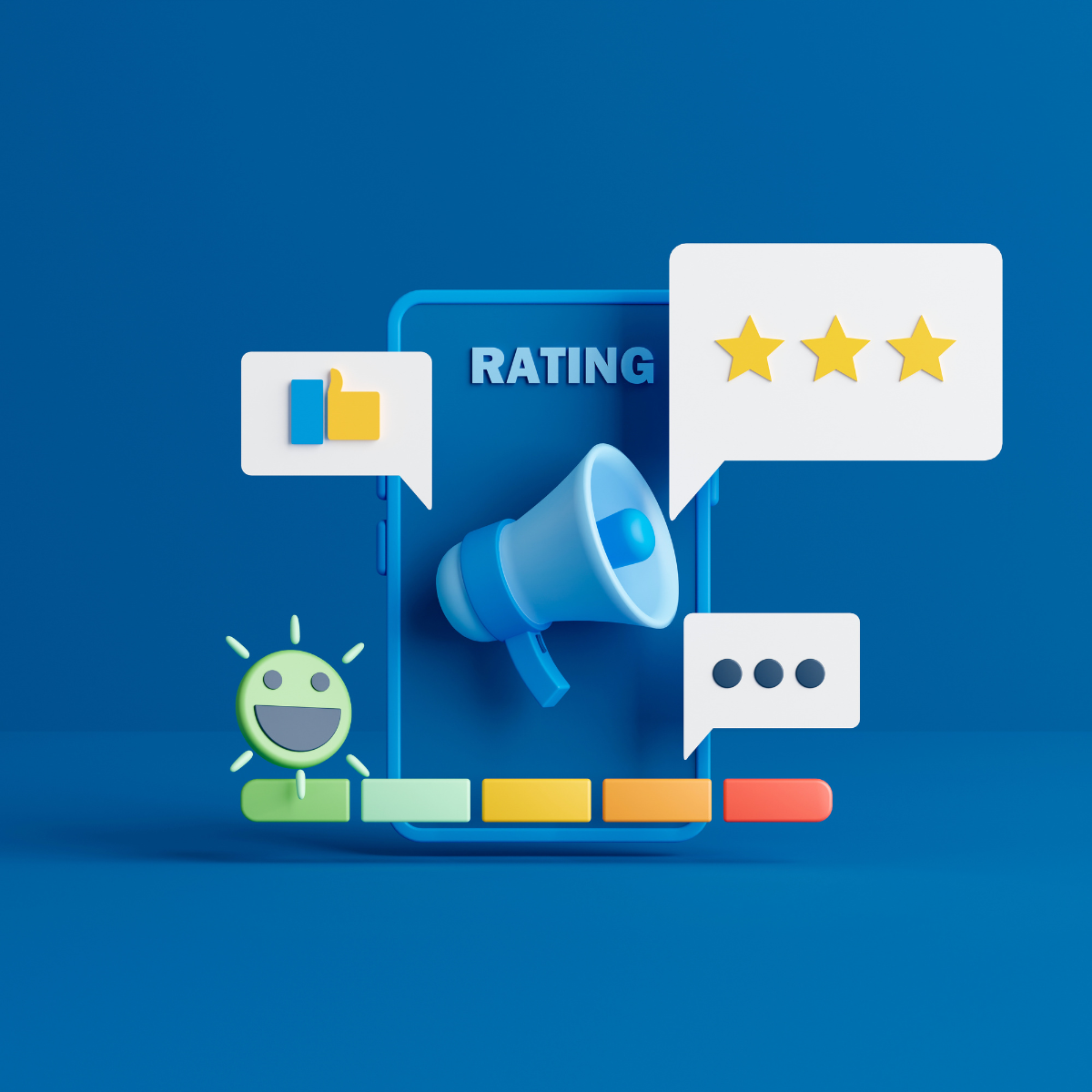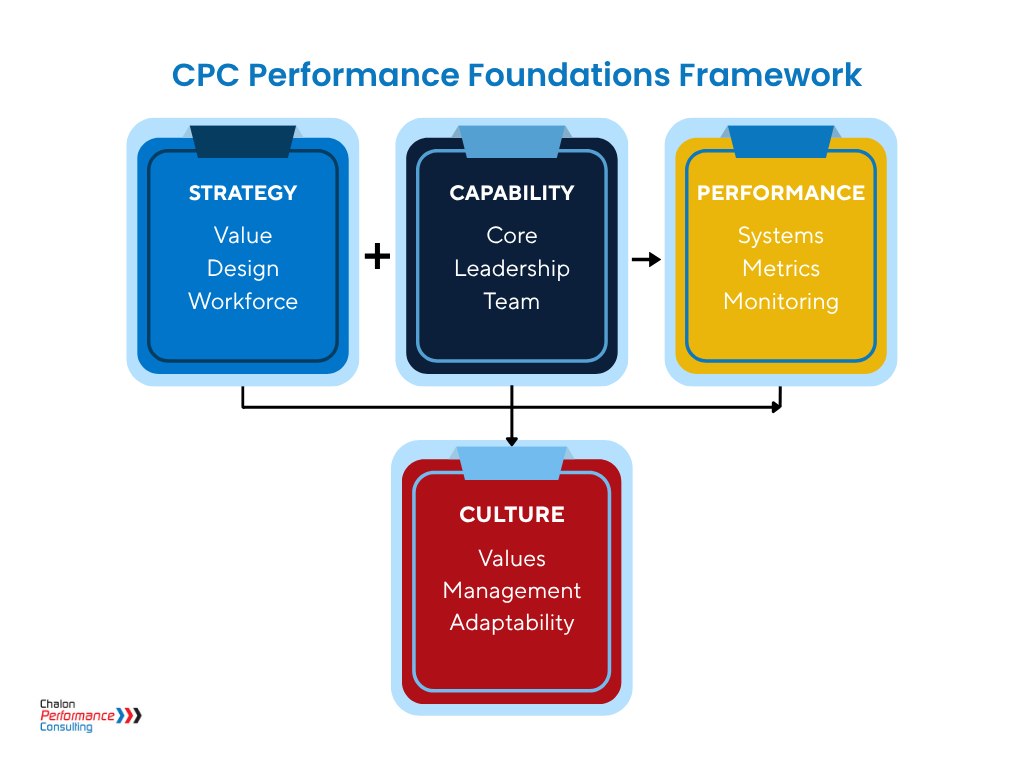Image Source: FreeImages
Professionals constantly seek ways to navigate challenges and achieve success without sacrificing their well-being. Traditional leadership models, such as servant leadership, have been crucial in promoting a more compassionate and human-centered approach to work. As the landscape evolves, it may be time for leaders to adapt and embrace a more impactful and purpose-driven philosophy called “noble-purpose leadership.”
The Evolution of Leadership: From Servant to Noble-Purpose
Servant leadership, popularised by Robert Greenleaf in the 1970s, revolutionised the traditional command-and-control leadership model. Stephen Covey and McKinsey has also offered research-based views on this recently. The approach cites the importance of putting the needs of the team ahead of one’s own, fostering trust, loyalty, and satisfaction among followers. While servant leadership has undoubtedly contributed to a more humane work environment, it is not without its challenges.
These days, leaders often face burnout and exhaustion. The expectation to constantly serve others can be overwhelming, especially when combined with the increasing workload and responsibilities. Moreover, the changing dynamics of modern workplaces, with flatter hierarchies and a focus on collaboration, raise questions about who serves whom.
To address these challenges, a shift towards noble-purpose leadership is necessary. Rather than solely focusing on serving others, noble-purpose leadership centers around making a meaningful impact. It requires leaders to think strategically and prioritise their efforts towards achieving a shared goal that positively influences their constituents.
Embracing Noble-Purpose Leadership
As professionals strive to become purpose-driven leaders without burning out, there are three key areas where they can shift their lens towards noble-purpose leadership: employee interactions, decision-making, and coaching.
1. Employee Interactions: From Support to Shared Responsibility
Traditionally, managers have been encouraged to ask their team members how they can support them and provide the necessary help. While this approach is well-intentioned, it often results in overwhelming lists of action items for managers. To avoid this, a subtle shift in language and mindset is required.
Instead of solely focusing on support, leaders can calibrate their interactions towards a higher purpose. By asking team members what they need to be successful in accomplishing the shared goal, leaders create a sense of shared responsibility. This shift empowers employees to take ownership of their success while positioning leaders to have a positive impact on their results.
For example, a vice president with a heavy workload and numerous direct reports can reframe their interactions by asking project managers what support they need to positively impact customers. This approach not only alleviates the burden on the VP but also encourages the project managers to consider the broader purpose and engage with other departments to meet deadlines.
2. Decision Making: From Pleasing to Impact
When leaders adopt a servant leadership mindset, the temptation to please others becomes overwhelming. However, constantly striving to make everyone happy is not only exhausting but also counterproductive. Leaders must shift their decision-making process from focusing on pleasing people to considering the impact of their choices.
Instead of asking how others feel about a decision, leaders should inquire about the potential impact on people or customers. By reframing decisions around purpose, leaders can ensure that their choices align with the overarching goals and objectives of the organisation. This shift encourages a more strategic and mindful approach to decision making, avoiding burnout and promoting resilience.
For instance, a head of customer success facing resistance from their team about making personal calls to inform customers of delayed orders can reframe the conversation. By sharing how such calls impact customers and the organisation’s reputation, the leader helps the team understand the purpose behind their actions and fosters a sense of collective responsibility.
3. Coaching: From Overwhelm to Impact
Coaching is a vital aspect of leadership, but it can become overwhelming when combined with other deliverables. To maximise the impact of their coaching efforts, leaders need to prioritise their time and focus on where it will have the most significant effect.
Rather than solely focusing on coaching underperforming team members, leaders should consider where their coaching time will have the most impact. Identifying the most coachable individuals who learn quickly and have a significant stake in customer outcomes allows leaders to invest their time wisely. This approach not only benefits high and mid-performers but also encourages low performers to take ownership of their development.
For example, a group of sales managers in the hospitality industry struggling with overwhelming coaching demands can shift their focus. Instead of spending hours coaching underperformers with marginal improvement, they can invest more time in high and mid-performers. By tailoring coaching approaches to individual needs and leveraging resources like on-demand courses, managers can drive better results and foster a sense of fulfillment.
The Power of Noble-Purpose Leadership
As professionals embrace noble-purpose leadership, they can unlock a new level of professional success and fulfillment. By shifting their focus towards making an impact, leaders can avoid burnout and drive innovation, resilience, and a sense of meaning in their teams and organisations.
Noble-purpose leadership requires strategic thinking, a shared sense of responsibility, and a commitment to fostering a purpose-driven culture. By aligning individual and organisational goals with a higher purpose, professionals can create a more fulfilling work environment where everyone is motivated to contribute to a greater cause.
We understand the challenges that leaders face in today’s fast-paced and demanding work environment. We can guide you through the shift from traditional servant leadership to a purpose-driven approach. Learn how to strategically align your team’s efforts with a higher purpose, fostering a culture of shared responsibility and meaningful impact.
With our tailored coaching and training programs, you can develop skills to make purpose-driven decisions that drive innovation, resilience, and fulfillment within your organisation. Take the first step towards becoming a purpose-driven leader. Get in Touch Now














